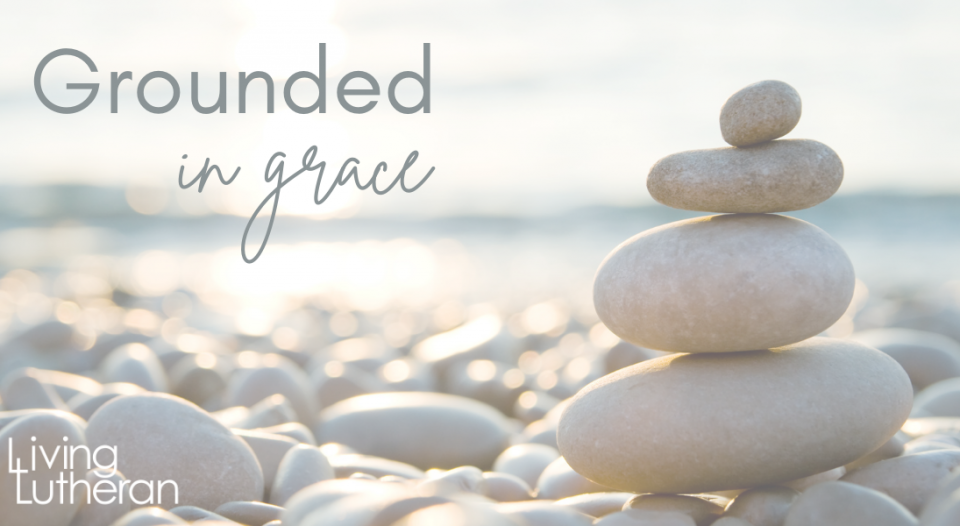Throughout my years of growing up, my dad was a serious gardener, tending an impressive plot of corn, green beans, carrots, potatoes, tomatoes, collard greens, lettuce, onions and so much more.
One essential gardening practice Dad followed was tilling the ground. He spoke of its many benefits for the crops he planted. Tilling serves many functions: It can be used to mix organic fertilizer into the soil and break up weed roots and insect dwellings to reduce pests.
But tilling comes with a cost. It’s backbreaking, strenuous work, especially when using manual garden tools. To lessen the strain, Dad would journey a few blocks to our local Earl May Garden Center and rent a rototiller to prepare our sizable backyard plot for planting.
When he looks back on his decades of gardening, Dad remembers the difference between the years he tilled the ground and the years he didn’t, usually due to unpredictable weather or other unforeseen factors. In those years of no tilling, he recalls, the plants were not as healthy and the harvest not as robust.
In our context, this was of minor consequence because gardening was a family hobby, not a way of life. After all, we lived two blocks from a large grocery store. But if we, like much of the world, had to survive on only what we could grow, tilling the soil would be a crucial step because healthy soil can be the difference between reaping life and reaping death.
Anyone who gardens, farms or otherwise tends the earth recognizes the parallels to the ways we care for our own lives.
Tilling the earth is difficult. Tilling the heart is an even greater challenge.
I’ve noticed that in my constant battle against the twin pandemics of systemic racism and white supremacy, the trauma has taken its toll on my ability to care for others. As the one-year anniversary of the George Floyd killing approaches, I’m surprised at how challenging it is for me to walk in authentic empathy. I’m mindful of Jesus’ words to his disciples in Matthew’s Gospel, where, speaking with an apocalyptic tone, he prophesies that in the last days “the love of many will grow cold” (24:12).
Tilling the earth is difficult. Tilling the heart is an even greater challenge. Some days I find myself nearly overwhelmed by our baptismal call to work for justice. But I’m convinced that the “one who began a good work among [us] will bring it to completion by the day of Jesus Christ” (Philippians 1:6). I think I need to turn over the soil of my heart. Perhaps it’s time to cultivate some of that nutrient-dense manure from 2020 to help replenish that fallow ground.
Likewise, we as a church have work to do if we hope to reap equity and justice. Justice and equity, like carrots and collards, won’t simply spring from the earth unaided. It will take work and intentionality. Each of us has a role in building the Beloved Community that Jesus prayed for—that my people “may be one” (John 17:21). With God, all things are possible. One plants, one waters, but God gives the increase (1 Corinthians 3:6). Together, we all play a part in bringing forth a bountiful harvest that will benefit all creation.
Cultivating the heart, unlike cultivating farmland or a home garden, is solely the work of the Spirit. May the words of this hymn be our prayer:
Lord, let my heart be good soil,
open to the seed of your word.
Lord, let my heart be good soil,
where love can grow and peace is understood.
When my heart is hard, break the stone away.
When my heart is cold, warm it with the day.
When my heart is lost, lead me on your way. …
Lord, let my heart be good soil.
—“Lord, Let My Heart Be Good Soil” (ELW, 512)
Amen!






